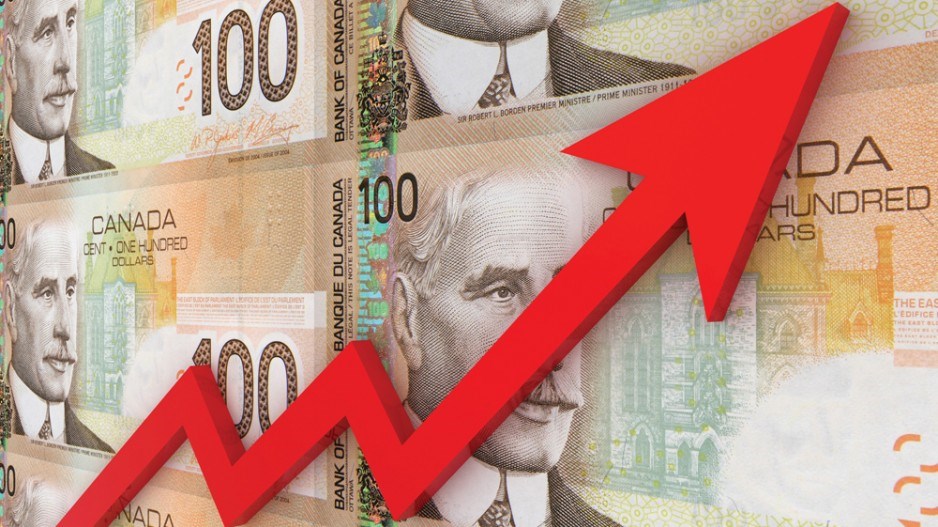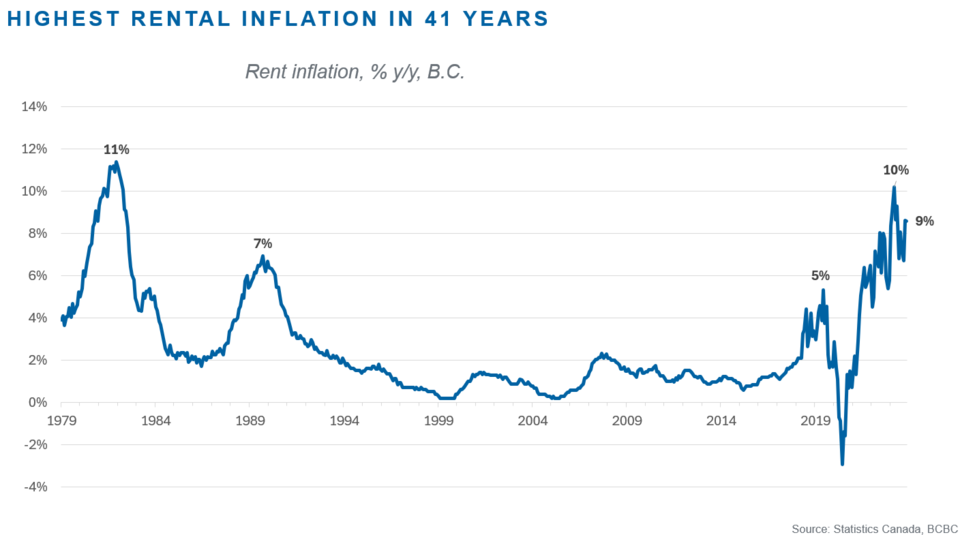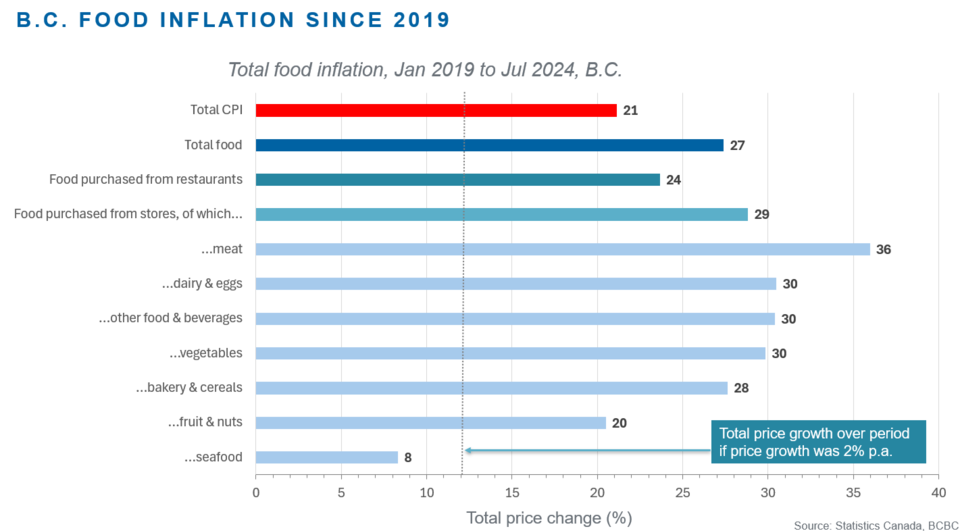Yommie
Elite Member
- Oct 2, 2013
- 64,149
- 37,187
- Country of Origin

- Country of Residence

- Thread starter
- #16
BC United candidates to run for B.C. Conservatives as ballot lineup changes weeks before campaign starts
Several BC United and B.C. Conservative candidates are stepping aside from their parties to run as an independent after BC United Leader Kevin Falcon suspended his party’s campaign
BC United candidates to run for B.C. Conservatives as ballot lineup changes weeks before campaign starts
Justine Hunter and Andrea WooVictoria and vancouver
Published Yesterday
64 Comments
Share
Bookmark
Listen to this article
A significant shakeup in the lineup of candidates who will appear on the British Columbia election ballot is under way, with the B.C. Conservatives adopting former BC United nominees who were cut adrift last week when their party’s campaign was suspended in support of the Tories.
On Monday and Tuesday, several former BC United candidates confirmed they will be joining the Conservatives to take on the governing NDP in the vote scheduled for Oct. 19. They include Trevor Halford in the riding of Surrey-White Rock, Ian Paton in Delta South, Michael Wu in Burnaby North, Keenan Adams in Port Coquitlam, Dale Parker in Nanaimo-Gabriola Island and Scott McInnis in Columbia River-Revelstoke.
Peter Milobar, who has been the Kamloops-North Thompson MLA since 2017, will become a Conservative candidate in Kamloops Centre.
But others, including both BC United and Conservative candidates, are stepping aside from their parties in response to the shuffle.
Jackie Tegart, the BC United MLA for Fraser Nicola, said Tuesday she did not get an offer to switch parties – and that she would not have accepted had she received a call.
Instead, she is one of a string of high-profile BC United MLAs, including Shirley Bond and Todd Stone, who are removing their names from the ballot rather than changing affiliations. Ms. Tegart said her politically centrist views don’t mesh with Conservative Leader John Rustad’s party.
“Once the announcement was made, my options were limited based on what I believe in,” she said.
Meanwhile, Dupinder Kaur Saran, who had been nominated as the Conservative candidate in Surrey-Panorama, said she will instead stand as an independent.
“The provincial Conservative Party is now a Liberal Party running under the Conservative banner,” she said Monday in a post on X.
Mike Bernier, the former BC United candidate for Peace River South who was elected in 2013, 2017 and 2020, confirmed Tuesday that he will also run as an independent.
More stories below advertisement
It’s a direction in which he had been strongly leaning since he said he was blindsided last week when BC United Leader Kevin Falcon suspended his party’s campaign to throw his support to Mr. Rustad’s Conservatives.
According to an Angus Reid poll conducted on the heels of that announcement, the province is facing a two-party race between the NDP and the Conservatives. They are currently in a statistical dead heat, each with the support of more than two-in-five decided and leaning voters.
The sample of 1,049 B.C. adults, which is considered to be accurate within three percentage points, showed the Greens trailing with 10 per cent.
The upheaval has altered the political landscape, and the NDP no longer have the advantage of a split among centre-right voters between the Conservatives and BC United. However, the governing party will head into the campaign with a strong war chest.
British Columbia’s political parties will each be limited to a $5-million expense cap for the 28-day election campaign that begins later this month – the highest amount since spending limits were introduced almost 30 years ago. The NDP expects to spend the full amount, but the financial picture of the Conservatives is unclear.
The Conservatives earned less than 2 per cent of the popular vote in the 2020 provincial election. But in recent months, the party’s popularity and fundraising efforts eclipsed BC United.
In the most recent quarterly report from Elections BC, for the period of April 1-June 30, the NDP raised twice as much as the Conservatives, taking in $2.3-million to their main rival’s $1.1-million.
NDP campaign director Marie Della Mattia said in an interview Tuesday that August was a banner month for her party’s fundraising, raking in $1-million. Of that, $400,000 was just in the last four days of the month, after Mr. Falcon folded his tent.
Officials from the Conservatives and BC United did not respond to interview requests.
The fallout of Mr. Falcon’s decision to suspend the BC United campaign leaves that party’s finances in limbo: “Parties cannot transfer money directly to another party,” said Andrew Watson, spokesperson for Elections BC.
But there are nuances of elections law, he said, that could see some former BC United candidates bring along money that they raised directly to a new party. Each candidate can spend up to $71,000 during the campaign in addition to the central party spending.
“In general, contributions made directly to a candidate could be used if the candidate was running for one party and then decided to run as an independent, or an unaffiliated candidate, or for another party,” he said.









